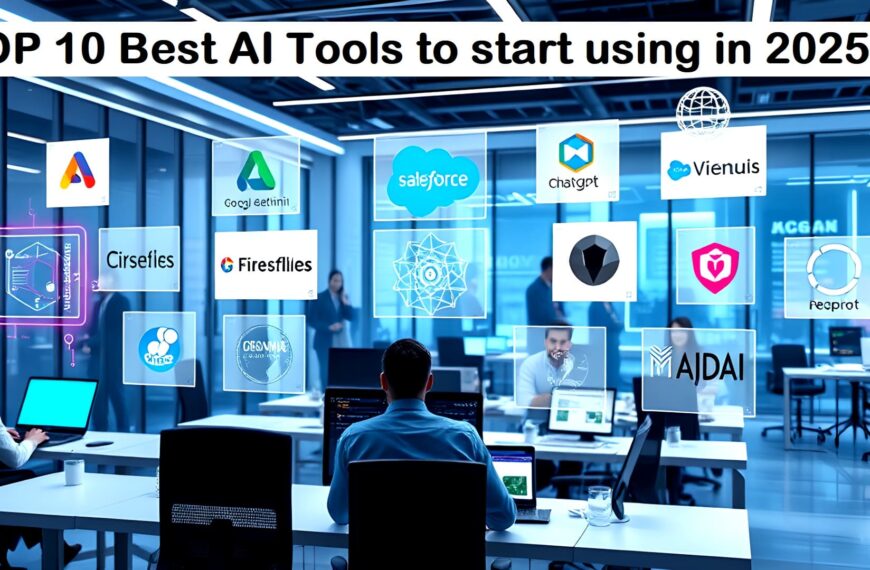In today’s rapidly evolving business landscape, flexibility has emerged as a key factor in attracting and retaining top talent. The traditional 9-to-5 work model is increasingly giving way to flexible work arrangements, reflecting a shift towards a more dynamic and adaptable approach to work. Companies that embrace this change not only enhance employee satisfaction but also boost productivity and drive business success. In this blog, we’ll explore how offering flexible work arrangements can benefit your business and provide actionable insights on how to implement them effectively.
- Understanding Flexible Work Arrangements
Flexible work arrangements refer to various practices that allow employees to have greater control over their work schedules and locations. These arrangements can include:
– Remote Work: Employees can work from any location, not just the office.
– Flexible Hours: Employees have the freedom to set their own work hours, within certain guidelines.
– Compressed Workweeks: Employees work longer hours per day but fewer days per week.
– Job Sharing: Two or more employees share the responsibilities of a full-time position.
Implementing these options can help address diverse employee needs and preferences, leading to a more engaged and productive workforce.
- Attracting Top Talent
In a competitive job market, offering flexible work arrangements can give your company a significant edge. According to recent studies, 82% of employees consider flexibility an important factor when evaluating job offers. By providing options such as remote work or flexible hours, you can attract a broader pool of candidates who may be seeking work-life balance and autonomy.
SEO Keywords: Attracting top talent, flexible work options, remote work benefits, job market competition
- Enhancing Employee Satisfaction and Retention
Employee satisfaction is closely tied to work-life balance. Flexible work arrangements allow employees to better manage their personal and professional responsibilities, leading to increased job satisfaction. This, in turn, can reduce turnover rates and lower recruitment costs. A study by Gallup found that employees who have flexibility in their work arrangements are 30% more engaged and 40% more likely to stay with their current employer.
SEO Keywords: Employee satisfaction, work-life balance, retention strategies, reduce turnover
- Boosting Productivity and Performance
Contrary to the myth that flexible work arrangements lead to decreased productivity, evidence suggests the opposite. Flexibility can enhance productivity by allowing employees to work during their most productive hours and create a more focused and less stressful work environment. According to a study by Harvard Business Review, remote workers were found to be 13% more productive than their office-bound counterparts.
SEO Keywords: Boost productivity, flexible work productivity, remote work performance, productivity benefits
- Reducing Overhead Costs
Offering remote work or flexible hours can lead to significant cost savings for businesses. With fewer employees working in the office, companies can reduce expenses related to office space, utilities, and other overhead costs. A report by Global Workplace Analytics estimated that businesses can save up to $11,000 per year for each employee who works remotely half-time.
SEO Keywords: Reduce overhead costs, remote work savings, office space reduction, cost-effective business solutions
- Promoting a Positive Company Culture
Flexible work arrangements contribute to a positive company culture by demonstrating trust and respect for employees’ needs. This can foster a sense of loyalty and commitment among staff. Companies that prioritize flexibility often see improved morale and a more collaborative work environment. Additionally, promoting a culture of flexibility can enhance your employer brand, making your company more attractive to prospective employees.
SEO Keywords: Positive company culture, flexible work culture, employer branding, employee morale
- Implementing Flexible Work Arrangements: Best Practices
To successfully implement flexible work arrangements, consider the following best practices:
– Assess Employee Needs: Conduct surveys or hold discussions to understand what types of flexibility your employees value most.
– Set Clear Guidelines: Establish clear policies regarding flexible work arrangements to ensure consistency and manage expectations.
– Leverage Technology: Utilize tools and technologies that support remote work and collaboration, such as video conferencing and project management software.
– Communicate Effectively: Keep open lines of communication to address any concerns and provide support for employees adapting to new work arrangements.
– Measure and Adjust: Regularly evaluate the effectiveness of your flexible work policies and make adjustments based on feedback and performance metrics.
SEO Keywords: Implementing flexibility, best practices for remote work, employee flexibility policies, work arrangement guidelines
- Case Studies: Companies Thriving with Flexibility
Several companies have successfully implemented flexible work arrangements and reaped significant benefits. For example:
– Google: Google’s flexible work policies, including remote work and flexible hours, have contributed to its reputation as a top employer and boosted employee satisfaction and productivity.
– Microsoft: Microsoft Japan implemented a four-day workweek and saw a 40% increase in productivity, showcasing the potential benefits of flexible scheduling.
SEO Keywords: Case studies on flexible work, successful remote work examples, productivity increases, company success stories
- Overcoming Challenges
While flexible work arrangements offer many benefits, they also present challenges such as maintaining team cohesion and ensuring effective communication. To address these challenges:
– Foster Team Collaboration: Use digital collaboration tools to keep teams connected and engaged.
– Regular Check-Ins: Schedule regular meetings and check-ins to ensure that remote employees remain aligned with company goals and priorities.
– Provide Training: Offer training for both managers and employees to effectively navigate and manage flexible work arrangements.
SEO Keywords: Challenges in flexible work, team collaboration tools, managing remote teams, effective communication strategies
- Future Trends in Flexible Work
The trend towards flexible work arrangements is likely to continue evolving. Emerging technologies, such as AI and advanced collaboration tools, will further support flexible work models. Additionally, the growing focus on mental health and work-life balance will drive more companies to adopt flexible practices as a standard.
SEO Keywords: Future of flexible work, emerging work trends, AI in remote work, work-life balance trends
Conclusion
Unlocking the power of flexibility by offering adaptable work arrangements can lead to a multitude of benefits for your business. From attracting top talent and enhancing employee satisfaction to boosting productivity and reducing costs, the advantages are clear. By implementing flexible work practices thoughtfully and strategically, you can create a more engaged, productive, and loyal workforce while positioning your company for long-term success.















